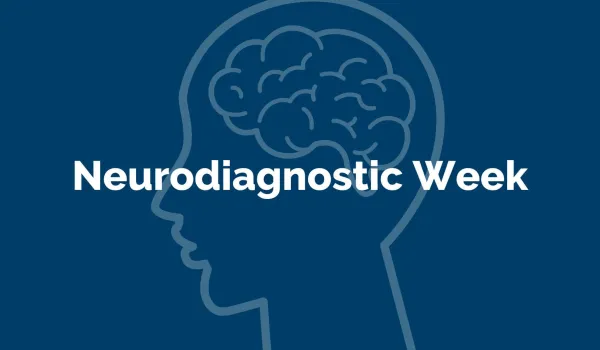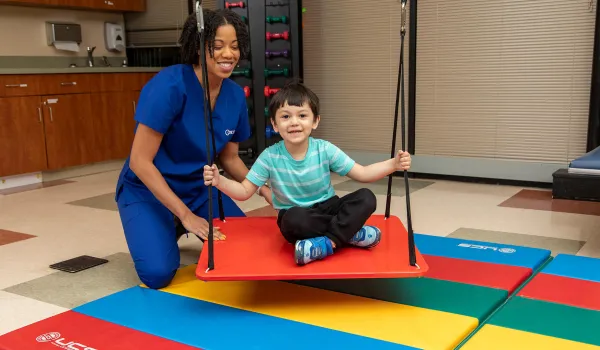Concorde Staff

April is Occupational Therapy Month. The American Occupational Therapy Association, along with other organizations, works during this month-long campaign to spotlight the important work that occupational therapists and occupational therapy assistants (OTAs) provide.
At Concorde Career College, we offer an Occupational Therapy Assistant Program that focuses on impacting your community by facilitating greater engagement in daily life for those who have been adversely affected by a physically disabling event or condition.
With a 40 percent projected growth rate over the next eight years according to the Bureau of Labor Statistics and a No. 1-ranked health care support job in 2016 by U.S. News and World Report, there has never been a better time to consider becoming an occupational therapist assistant.
We caught up with Nicole Hood, the OTA Program Director at our Concorde -- Memphis campus, to chat about the future of occupational therapy assistants and what prospective students might want to consider before entering the field
Q: Are there certain qualities that make an OTA successful?
A: There are many qualities that make an OTA successful; most important, OTAs are compassionate, detail-oriented, flexible, creative and holistic thinkers. They have the ability to think on their feet and adapt or grade something to meet the needs of others while ensuring functional independence is achieved.
Q: What's something that we prepare our students for that they might not anticipate doing/facing in their careers?
A: We prepare our students for the strong degree of cognitive flexibility they must maintain. In this field, an OTA must remain flexible in dealing in patients' care as there are many unforeseen factors that could arise and alter a schedule or treatment intervention previously planned.
Q: Beyond entry-level positions, what is a typical job trajectory for an OTA?
A: There are endless avenues for an OTA to develop. Every day there are more and more nontraditional practice settings that open opportunities for OTAs to develop, as well as various certifications and specialties. There are also many institutional bridge programs that offer accelerated degrees for practicing OTAs to become an Occupational Therapist.
Q: What's a common misconception about Occupational Therapy Assistants?
A: The biggest misconception about occupational therapist assistants is probably that they find their patients jobs. While OTAs might work with clients on employment-related skills, and adaptation of work environments, they generally help people restore or promote functional and meaningful activities back into all aspects of their lives.
Q: Do you have any advice for current students/alumni in the field?
A: Even though this field is growing and the demand for OTAs is increasing, we must continue to advocate for our profession and not lose sight of what sets it apart from other disciplines - our strive to remain holistic, client-centered and functional.
Working as an occupational therapist assistant requires the ability to work with a team. Not only do you work with your patient, but you will work closely with an occupational therapist to develop and carry out intervention plans. OTAs can work in a wide spectrum of practice settings across the full lifespan, birth to geriatrics. They strive to restore and promote functional independence through meaningful occupations.
And that's something worth spotlighting!

Next Steps?
We have a Concorde representative ready to talk about what matters most to you. Get answers about start dates, curriculum, financial aid, scholarships and more!



